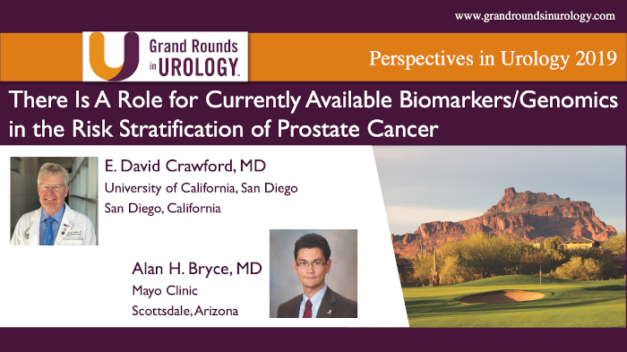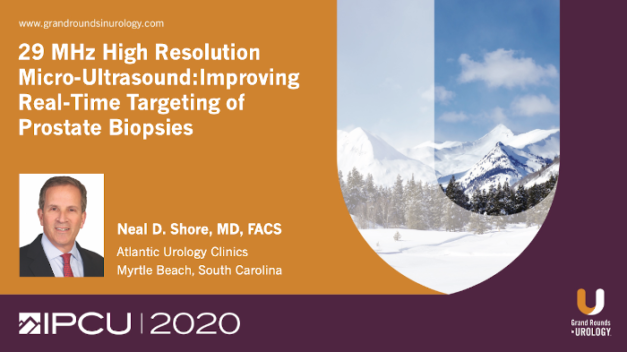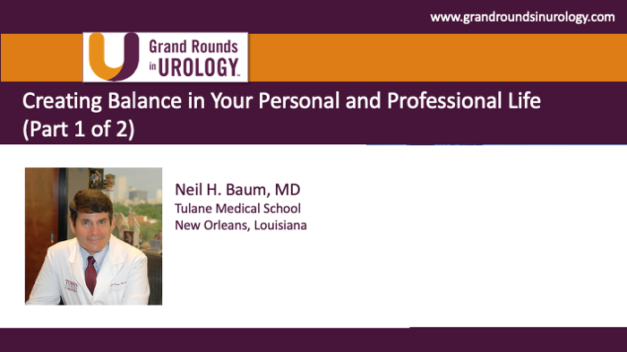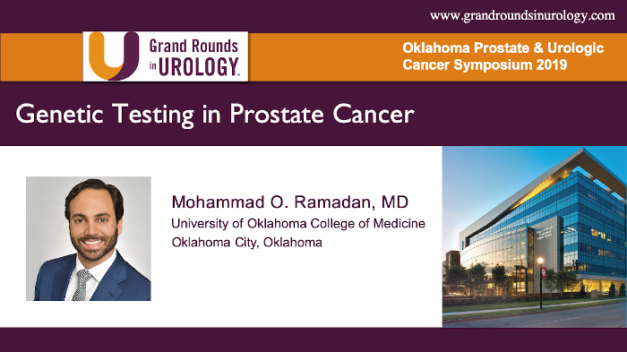Evidence-Based Guideline for Management of Priapism: Perspectives from AUA/EAU Guideline Panel
Trinity J. Bivalacqua, MD, PhD, Director of Urologic Oncology at Johns Hopkins Medicine, discusses potential solutions to the issues with bacillus Calmette-Guérin (BCG) as a treatment for high-risk non-muscle invasive bladder cancer (NMIBC). Intravesical BCG is more effective than chemotherapy for NMIBC, but approximately ⅓ of high-risk patients are BCG-unresponsive, and there is also a BCG shortage. Dr. Bivalacqua lists potential solutions to both these problems, including early cystectomy, increasing the availability of BCG by using alternative strains, and enhancing immunotherapy. He concludes by discussing research intended to characterize immune cell expression among patients with NMIBC treated with BCG which found that immune checkpoint inhibition with BCG may be beneficial in a subset of patients who experience tumor recurrence after BCG.
Read More




